Anyone working with WordPress on a regular basis, will quickly form a clear understanding of “what WordPress is“. While websites designed with the CMS can look many different ways, the system behind it remains relatively unchanged.
One such constant is the WordPress admin area — the way we create posts and pages, place widgets and perform other routine tasks. Yet, our way of thinking about it is about to change.
A recently published project is challenging the concept of the WordPress backend: Pickle, a one-page template for restaurant websites based on WordPress, does away with the dashboard entirely.
While technically a theme, Pickle does a lot more than change a website’s appearance. Most notably, all content changes, which we are used to doing in the back of WordPress, are done directly on the frontend. In fact, the clients don’t even get to see the WordPress dashboard — ever!
What’s more, many options that we are so used, like adding widgets, don’t even exist. The menu structure is broken down to the bare essentials and as minimal as the rest of the theme. Check out the demo video on the Pickle homepage for a better understanding.
Who is Behind This Madness!?
The author of Pickle, Jason Schuller, is no stranger to the WordPress world. From 2008 to 2014 he ran Press75, a theme and plugin shop that was subsequently acquired Westwerk.
Since giving up his ownership, Jason somewhat vanished from the radar of the WordPress community.
That is not to say that he was idle. A recent dad, entrepreneur and avid photographer, Jason redirected his energy to work on a number of side projects outside the WordPress platform – and successfully so.
Yet, with his latest creation he returns to the familiar fold and with a product that takes a fresh perspective on WordPress as a CMS.
To find out more about Pickle and its background, Jason was kind enough to talk to me via email. It turned into a conversation about entrepreneurship, WordPress and doing what you are passionate about. I enjoyed talking to him a lot and I hope you will like what he has to say, too.
1. What’s your background and how did you get involved with WordPress?
I had been evaluating several content management systems around 2006-2007 as a potential solutions for managing internal organizational websites at the Boeing Company (where I worked at the time). When I realized how easy it was to create a theme for WordPress and deploy/manage websites using MU, it seemed like a no-brainer solution for the company. By the time I finished creating a demo for leadership, I was hooked.
2. How did you end up as an entrepreneur?
WordPress wasn’t going to fly at Boeing because of its open source license which gave me the motivation I needed to go off on my own. I left the company in late 2007 and started taking on client work designing and developing websites using what I had learned evaluating WordPress the year bef
ore. This eventually lead to creating Press75 in June of 2008 which I ran until June of 2014.
3. Give us a short summary on what you have been up to since selling Press75.
My goal after selling Press75 was to have fun again doing what I loved — primarily, I’ve been experimenting — designing and developing extremely niche focused solutions like Leeflets (note: Leeflets is a collection of one-page website templates), Cinematico (note: Cinematico is a website template for YouTube and Vimeo channels) and Pickle. I’ve also been doing a bit of aerial photography and videography on the side just to get out of the office (atmospheric.co).
4. You said you were sort of fed up with WordPress a while ago. Why was that? Where did you see its limitations?
The more complex WordPress became over the years (both from the standpoint of code and usability), the more frustrated I became making things for it — particularly in the form of premium WordPress themes. I prefer building focused solutions that do one thing well with fewer options and less bloat. WordPress isn’t conducive to that goal in my opinion.
5. What was behind your decision to return to the WordPress platform?
I wouldn’t say I’ve “returned to WordPress” — but If I can somehow use WordPress as a framework for creating the focused solutions I want to create, then I’m all for it. I’m fairly certain WordPress will naturally evolve in this way sooner than later (e.g. via the REST API). I created Pickle just to test the waters and see what I can do with WordPress without the end user actually having to know they’re working with WordPress — a completely custom experience.
6. How do you feel about where WP is going right now? What would you personally like to see in the future?
To be honest, I’m not following WordPress enough right now to have a feeling one way or another. Personally, I’d love to see WordPress evolve into a framework of sorts for creating anything.
7. Tell us more about Pickle. What is it and who is it for and what initially sparked the idea for the project?
Pickle is a website solution created specifically for “small” restaurants, cafes, bars and food trucks. By using only the aspects of WordPress suited for Pickle and eliminating everything else, I’ve created an experience that can be easily managed by someone who doesn’t even know what WordPress is.
8. What did you find most exciting during development?
I found re-designing the admin the most exciting part of the project. The current WordPress admin is a monster — there is no correlation between the the content you’re editing within the admin and the actual content on the actual site. I was able to create an experience that ties the two together in a way that makes sense.
9. Are you satisfied with how it’s going so far?
I’m absolutely satisfied — I’m not focused on making money right now, rather just creating, learning and growing as an entrepreneur. Pickle hasn’t returned a ton of profit, but it has lead to many more doors and opportunities for me.
10. Can others get involved? And if so, how?
I haven’t really opened the doors for collaboration yet, but I would love to take the idea and build something similar with like-minded people that can be used for any project.
11. I see you are also offering your clients hosted solutions which I find unusual. Was that planned from the beginning?
Hosting was planned from the beginning (I’d actually love for it to be only hosted). The more I experiment with SaaS solutions, the more I want to get out of creating downloadables.
12. How much of your business is deliberate planning and how much is natural development?
At this point, I’d say 80% of my business is natural development — I don’t really have any specific plan in mind right now and I’m trying not to think about it too much. I’m just trying to trust in my instincts and we’ll see what happens.
13. What advice would you give to those who want to take a similar path and make a living with WordPress plugins and themes in today’s environment?
I’ve been on my own for almost 8 years and I’m still learning every single day. One of the most important lessons I’ve learned is that good things happen when you forget about making money and focus on creating something you love, something you feel is going to add value to your own life and hopefully others. I’ve learned to not be influenced too much by what everyone else is doing and how they do it. I’ve also learned that you don’t have to work long hours day and night to make a good living on your own.
14. What would you say is the main value/thing/goal that drives your work?
I’m a full-time dad and part-time entrepreneur. Spending time with my daughter while she grows is the most important thing to me right now. I’ve been there for all the good stuff since the day she was born (she’s 2 now) and that is motivation enough for me to get up every day and keep creating things I love.
15. Give us your top three work tools for theme development you could not do without.
I do all my design in-browser as I code, so really, the only thing I need is a good minimalist editor (e.g. Sublime, Atom or Espresso) and live reload. I’m proficient in Sass and using task runners (e.g. Grunt), but I find they just get in the way most of the time for my particular workflow (I actually like less automation and more “scratch”).
16. Do you have any exciting plans for the future? What developments can we expect?
I have some awesome opportunities and choices to make right now (projects and growing startups) — none of which I can reveal at the moment. The next few years are looking to be exciting ones as an entrepreneur, so I look forward to making those choices and seeing where I land.
Pickle – A Sign of Things to Come?
I found the approach Jason takes with using WordPress merely as a framework very interesting. The re-imagined admin area of Pickle is a nice study in what is possible outside of the “normal”.
Using WordPress merely as a means to an end without paying attention to rules allowed Jason to push the boundaries of how we think about the platform. When using Pickle, it is entirely possible to forget WordPress is even part of the equation.
While purists might not like it, I think it is really cool to see what else can be done with WordPress. However, that is not to say that conventions don’t have their place.
Coding standards and other rules have their place in making sure WordPress is the best product it can possibly be. Yet, venturing outside of these boundaries can result in unusual ideas and fresh approaches.
I admire Jason for what he has done with his project. It’s clear to see that he very much goes his own way and is focused on his vision for beautiful websites no matter how he achieves it. I also found Jason to be a really friendly and open person and wish him nothing but the best for the future. You can follow his musing on Twitter.
What do you think about the Pickle approach? Would you like to see more experimentation with the WordPress admin area? Share your thoughts in the comments.

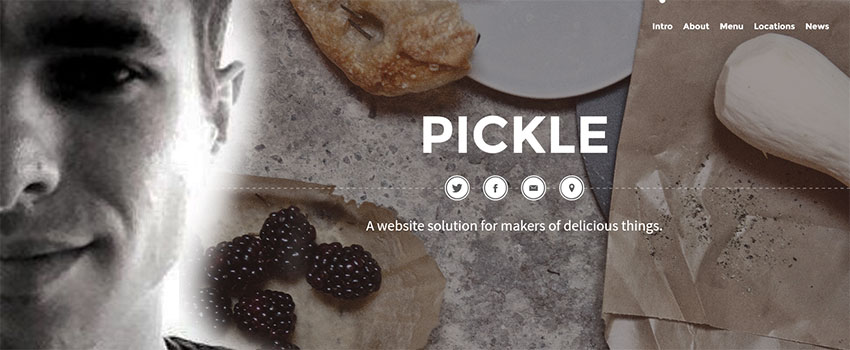
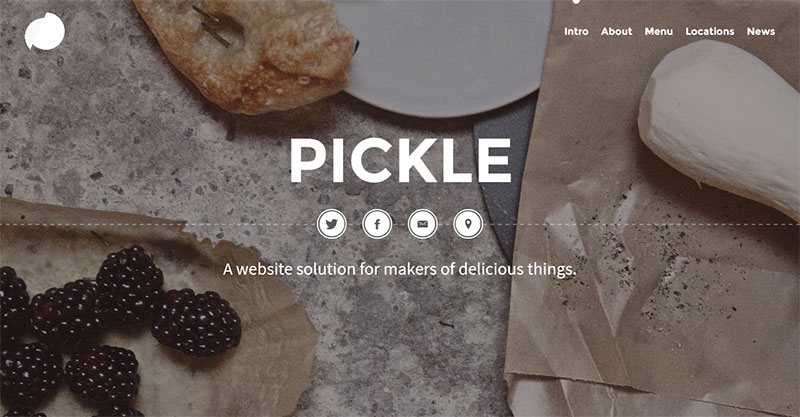
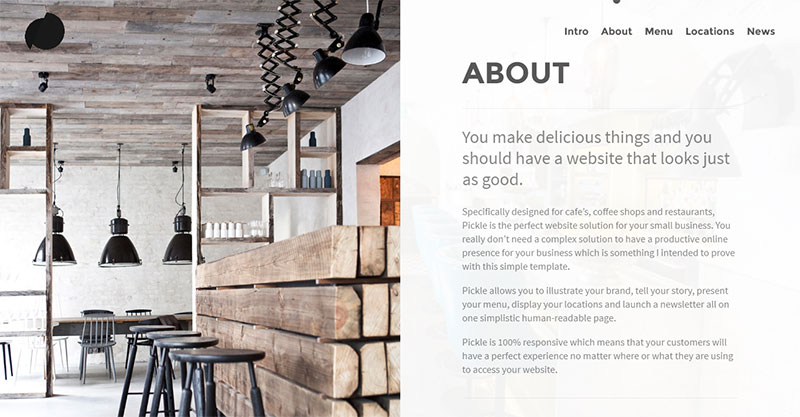
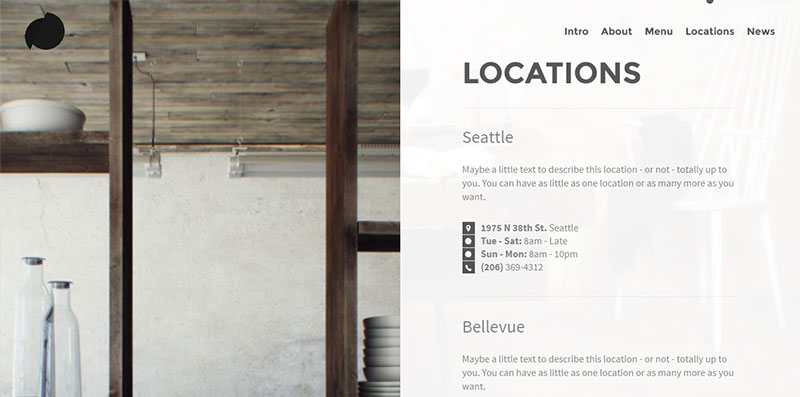
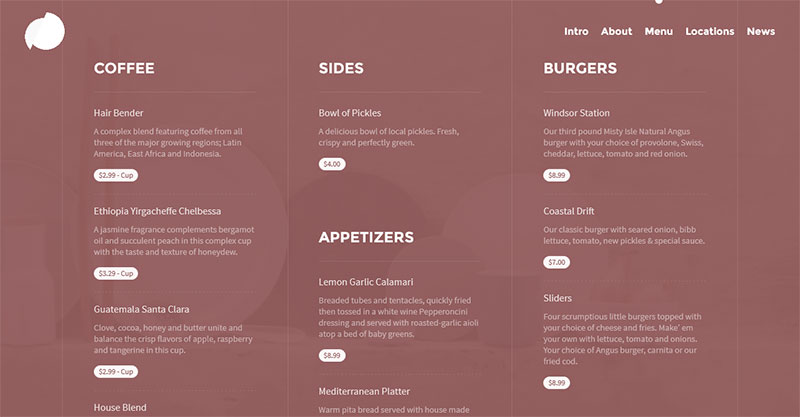


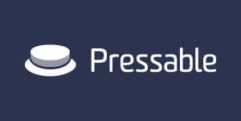
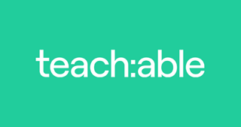

Hi Nick,
It’s good to hear from the professionals. Thank you for a set of brilliant questions you asked.
Hi Amelia,
happy to hear your liked the interview. I also learned a lot and Jason is a really cool guy to talk to.
Cheers,
Nick
What happened to Pickle? It seems to have disappeared….
Yes, I was looking for it, too, a while ago and couldn’t find it anymore.
Seems like he discontinued it.